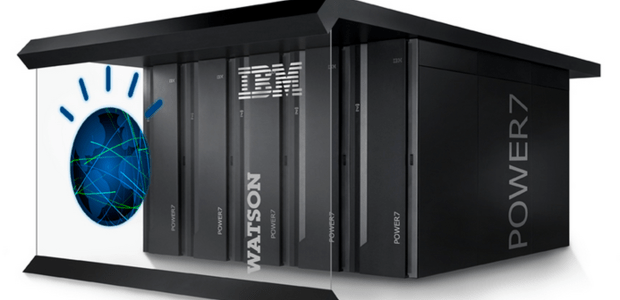advertisement
How IBM is working with Africa’s banking sector to enhance efficiency
To remain competitive, market leaders are transforming themselves with sophisticated insights and analytics to better understand their customers, improve risk…

To remain competitive, market leaders are transforming themselves with sophisticated insights and analytics to better understand their customers, improve risk decision-making, and develop high-demand products and services.
It is in relation to this that IT Organizations like IBM have come on board to help the banking sector with smarter solutions that help them operate in smarter ways. IBM Smarter Commerce solutions help banks integrate systems and processes across the enterprise, engaging the customer with the right information at the time, place and device of his or her choice.
In a one-on-one interview with CIO East Africa, Areiel Wolanow, Banking Industry Leader, IBM Global Business Services pointed out that for banks to compete today, they must become more agile. “They need to quickly meet the marketplace threats and opportunities as well as to adopt on smarter ways on their operations. “Core systems can’t be allowed to block innovation. Isolated stacks of rigid processes must be transformed into horizontal closely integrated core systems. Data in banks need to flow freely. Processes must be interoperable if they are to drive better and faster decisions and faster responses,” said Wolanow.
advertisement
The list of banks around the world turning to IBM for support continues to grow. Currently, 70 per cent of the world’s data is managed on IBM systems while 95 of the top 100 banks worldwide use the firm’s business or technology services to run their business. However, most banks are faced with the challenge of business and product silos that they need to work across, and this is where banking solutions from IBM come in to help.
“The banks are organized by business silos or product silos, and a lot of what we have been talking about regarding customer experience requires the banking organization to be able to work across those silos. To improve on this and to maneuver across the silos, banks require to work on smarter ways which we are trying to help them on,” he noted, adding that placing some services in the cloud allows banks to meet digital demands faster.
IBM is already working with Westpac in New Zealand to deploy new online and mobile banking services faster and across multiple devices and platforms. It is hoped that other banking institutions will come on board to adopt the technology.
advertisement
Gartner in the importance of cloud to improve profitability has stated that by 2016, poor return on equity will drive more than 60 percent of banks worldwide to process the majority of their transactions in the cloud.
On how IBM is working with banks across Africa, Wolanow pointed out that IBM had 20 banking deals throughout Africa over the last five years, with Kenyan, Ghanaian, Nigerian and Congolese banks turning to the firm for world-class IT solutions.
“In Nigeria, IBM plays a significant role in the ongoing reforms in the financial services sector. 80 per cent of Nigeria’s banks now run on IBM’s enterprise server architecture,” he stated.
advertisement
One such bank that IBM has worked with is Fidelity Bank in Ghana. To support the bank’s goals, IBM was presented with the responsibility of combining local and international expertise, including round-the-clock technical support from its international Global Delivery Centers to ensure the bank achieves cross-channel integration and a seamless customer experience across all its touch-points. The IBM-managed services would also cover a broad spectrum of the bank’s IT functions, including management of its server, security, storage, networks, end user services, branch IT support, ATM infrastructure support and datacenter services.
In Kenya, IBM has worked with Equity Bank, helping it to enhance its storage facilities by installing the latest enterprise IBM DS8800 storage system to cater for increased storage and processing requirements. Equity Bank has installed IBM’s latest Power 7 systems – p795 to power its core banking system. This has made the bank’s data storage and processing capability to be ranked among the best and most robust in the region.
Wolanow pointed out that IBM is looking to further partner with more financial institutions across Africa to help the continent’s banking sector operate more seamlessly and in a better, faster and smarter way.